Publications
Articles, publications, books, tools and multimedia features from the U.S. Institute of Peace provide the latest news, analysis, research findings, practitioner guides and reports, all related to the conflict zones and issues that are at the center of the Institute’s work to prevent and reduce violent conflict.
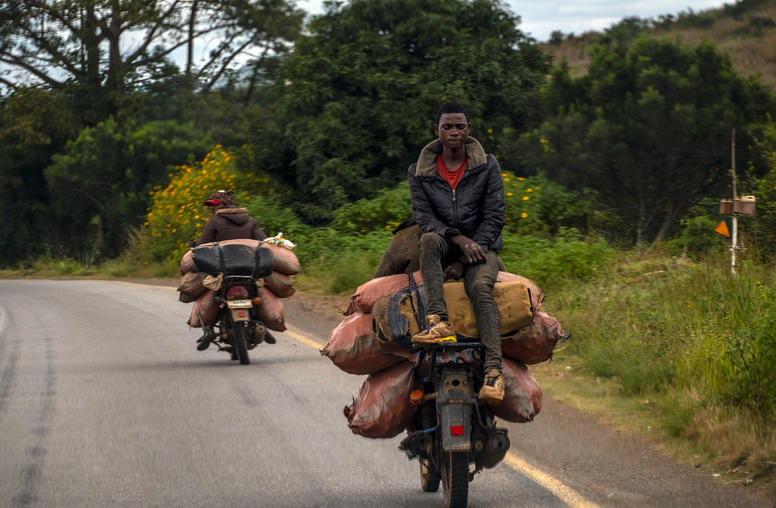
To Counter Russia’s Aggression, Invest in Africa
The current struggle by Western democracies to isolate Russia over its assaults on Ukraine and international rule of law will be costly to sustain. Spiking prices for fuels, fertilizers and foods that Russia exports are risking wider socio-economic instability in many countries. A long-term solution must include a Western partnership to invest economically and politically in Africa, arguably Russia’s most formidable potential economic competitor. This strategy can strengthen a rules-based world against economic coercion by authoritarian powers, stabilize African democracies by enabling them to deliver for their people and strengthen international institutions and laws by including African countries more fully in them.

Juan Diaz-Prinz on Incentivizing Peace Talks in Ukraine
As it stands, both sides see little reason to engage in peace talks. But USIP’s Juan Diaz-Prinz says that shouldn’t stop the international community from trying to incentive an end to the conflict: “We’ve got to try everything, and we’ve got to try every avenue until the right one fits.”

Event Extra: Rethinking War Amid the Dire Global Food Crisis
Russia’s war in Ukraine has deepened a global food crisis that has left hundreds of millions facing acute hunger. Beyond the humanitarian challenges this crisis presents, it could stoke violence and conflict in fragile regions. U.N. World Food Program Chief Economist Arif Husain discusses the state of global hunger, why it’s vital that we rethink our response to conflict and what can be done in the immediate to stave off the worst.
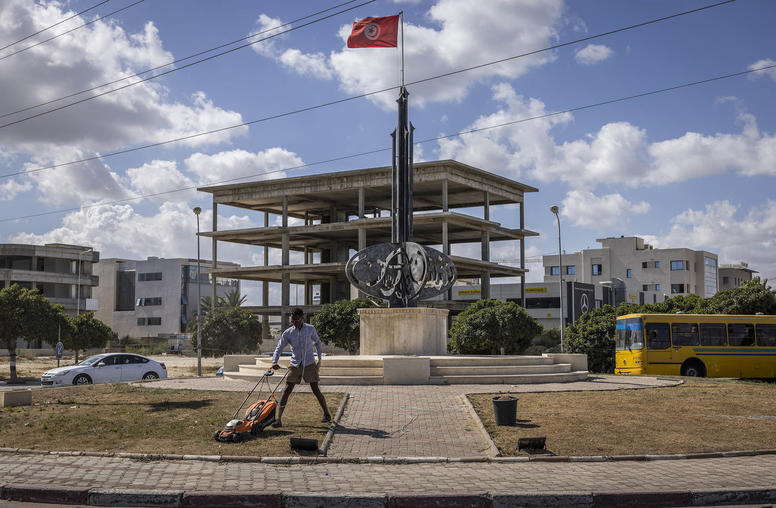
Tunisia's Twin Democracy and Economic Crises Push it to the Brink
Last July, Tunisian President Kais Saied suspended parliament in what many observers called a bloodless coup. Saied’s supporters — of which there are many — claim that this extreme executive action was necessary to root out rampant government corruption and ineffectiveness. Polling at the time showed widespread dissatisfaction with the performance of parliament and the prime minister; many Tunisians felt that their high expectations following the 2011 popular revolution were not realized and that the country was heading in the wrong direction.

Donald Jensen on the NATO and G-7 Summits
With back-to-back G-7 and NATO summits this week, USIP's Donald Jensen says President Biden is focused on maintaining unity among allies and partners as the war in Ukraine grinds on: "Putin is counting on the faltering of Western assistance and political support for Ukraine … and that's what we’ll see discussed this week."

Back to the Basics: Fixing the Americas’ Polarized Media Landscape
The recent Summit of the Americas in Los Angeles underscored that the Western Hemisphere faces several crises. Climate change threatens tens of millions of Americans throughout the hemisphere. Democracy, once the unquestioned standard of regional governance as recently as 1994 when it was celebrated at the inaugural Miami Summit of the Americas, is also in crisis. In fact, it became the unfortunate story of the summit: who was invited and who wasn’t. Regardless of which side of the democratic inclusion summit debate one adopts, democratic backsliding and the rise in autocratic governance like in Mexico, El Salvador and Brazil — to say nothing of the extinction of democracy in Cuba, Nicaragua and Venezuela — represents a worrisome reality that goes beyond the traditional left- versus right-wing paradigm.
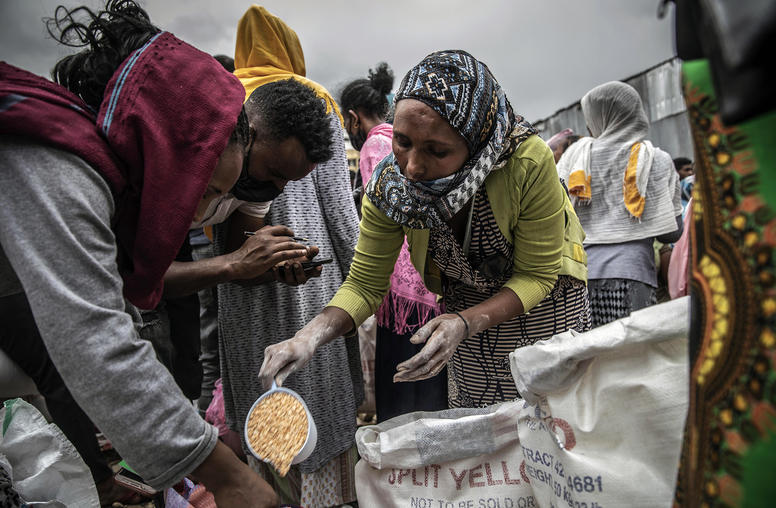
In Africa, Putin’s War on Ukraine Drives Food, Fuel and Finance Crises
Vladimir Putin’s unprovoked war on Ukraine has unleashed a wave of destruction and atrocities against its brave people. But the suffering and instability are not contained to Europe. Indeed, a continent away, Putin’s war has unleashed a “three-headed hydra” of food, energy and finance shortages in Africa, further threatening vulnerable Africans and putting dozens of countries at risk of default. Recognizing the need to tackle food insecurity, the Group of Seven (G-7) countries pledged billions more in assistance this week. But will it be enough given the severity of these challenges?
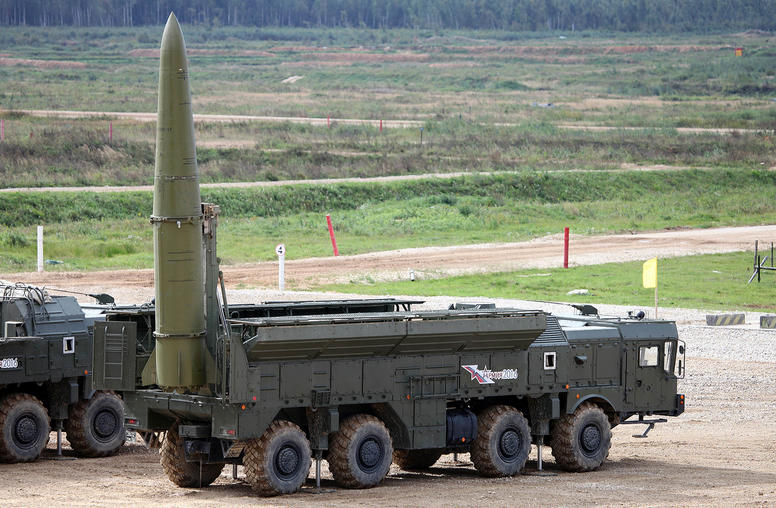
Possible Russian Nuclear Deployments to Belarus Could Shift Europe’s Nuclear Balance
During a meeting with his Belarusian counterpart on June 25, Russian President Vladimir Putin indicated that “within the next several months,” Russia intends to transfer Iskander-M missiles — which can carry both conventional and nuclear warheads — to Belarus and begin upgrading Belarusian Su-25 fighters to carry nuclear weapons. Most of the details of the deal remain unknown or to be determined. But should Putin’s promise turn out to be more than nuclear bluster — something Putin and other Russian officials have resorted to since the beginning of the Russian invasion of Ukraine — the deployment could remake the nuclear balance in Europe and increase the risk of a potential NATO-Russia conflict occurring.
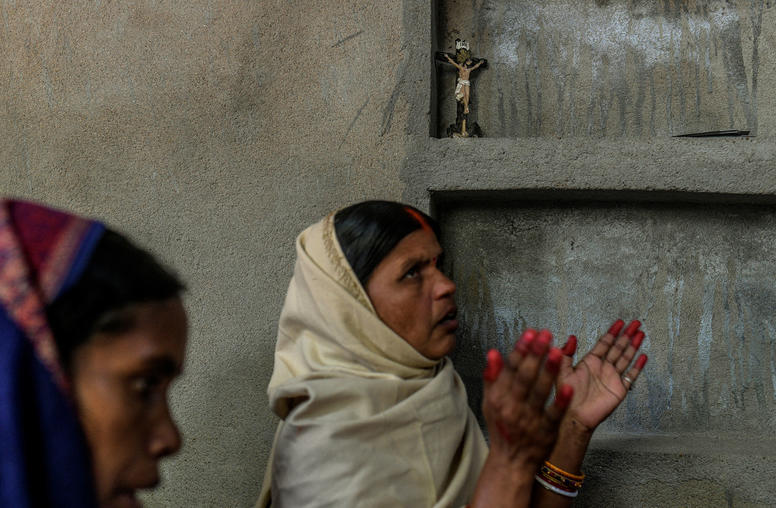
A Ripe Moment for Building Peace by Promoting International Religious Freedom
In late June and early July, two global convenings will highlight challenges to international religious freedom and the search for solutions: the IRF Summit for nongovernmental organizations and the International Ministerial Conference on Freedom of Religion or Belief. These timely gatherings will bring together government representatives, activists and faith leaders from different religious, regional and political backgrounds to discuss a common goal of ending persecution. Two keys for their success will be creating diverse coalitions to advance international religious freedom (IRF) in a nonpartisan manner and linking the issue to broader concerns about peace and stability.
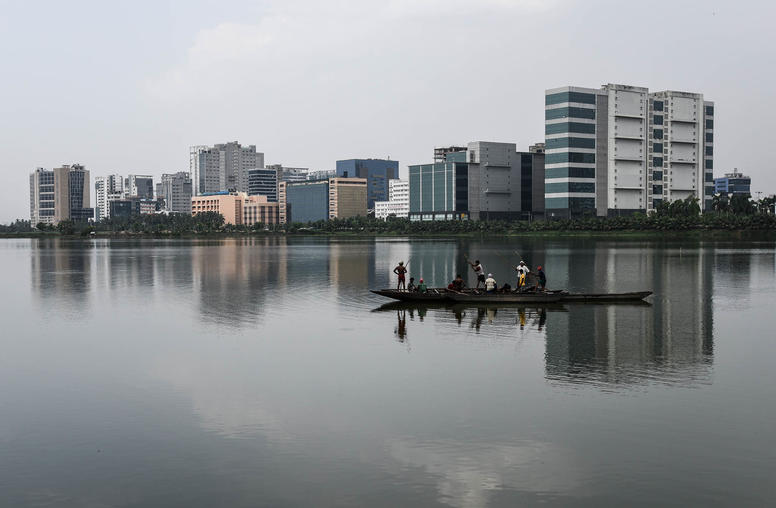
Climate Change, Migration and the Risk of Conflict in Growing Urban Centers
From 2015 to 2050, the world’s urban population is expected to nearly double, in part because migrants from rural areas devastated by climate change are being driven to cities in search of economic and social stability. However, many of the world’s fastest-growing cities are already struggling to handle their own climate issues. From rising seas to freshwater scarcity, the complex interplay of climate change, population growth and fragility in cities has made them hotbeds for social and economic inequalities — increasing the risk of violence and having a profound impact on human security in urban centers around the world.